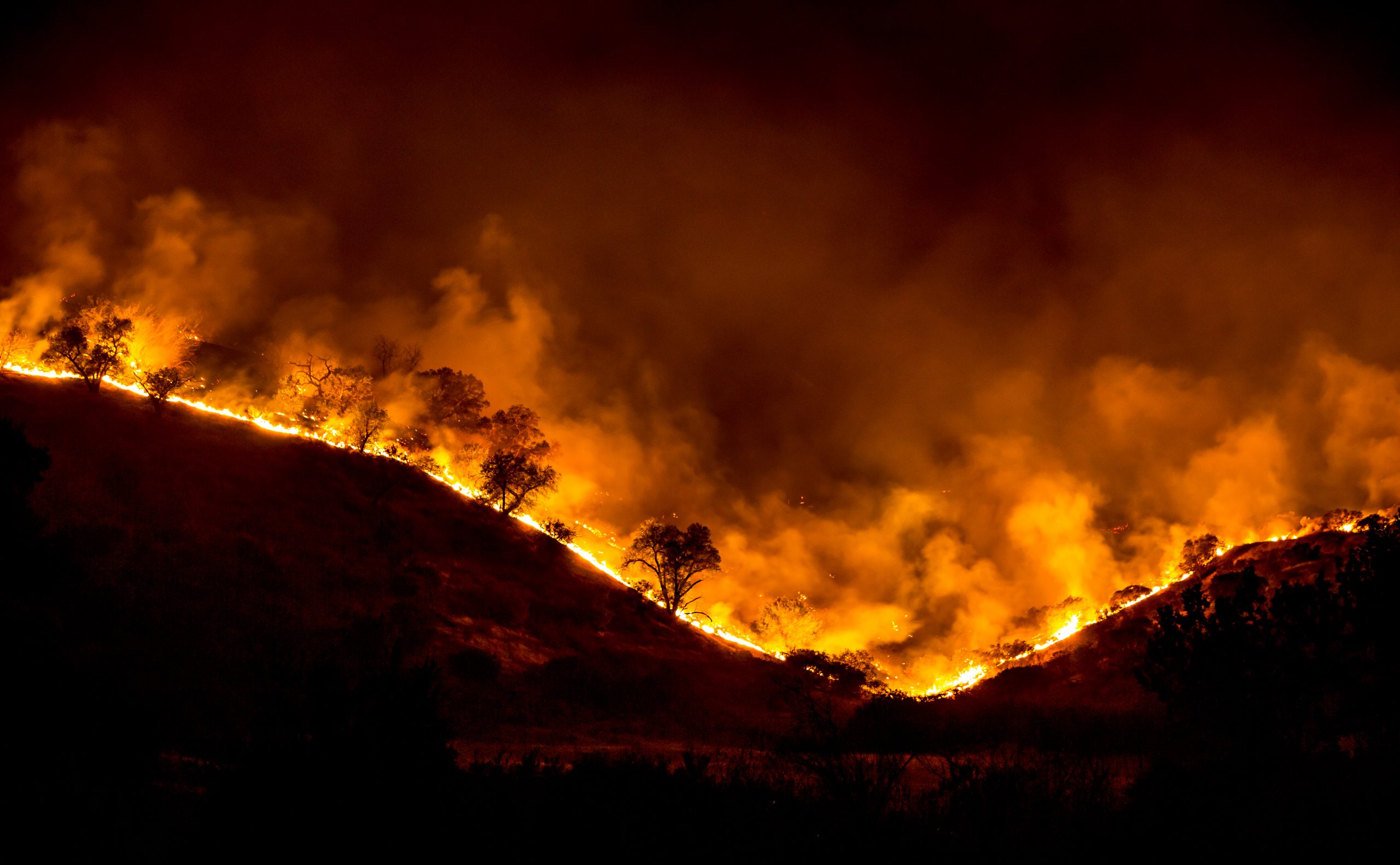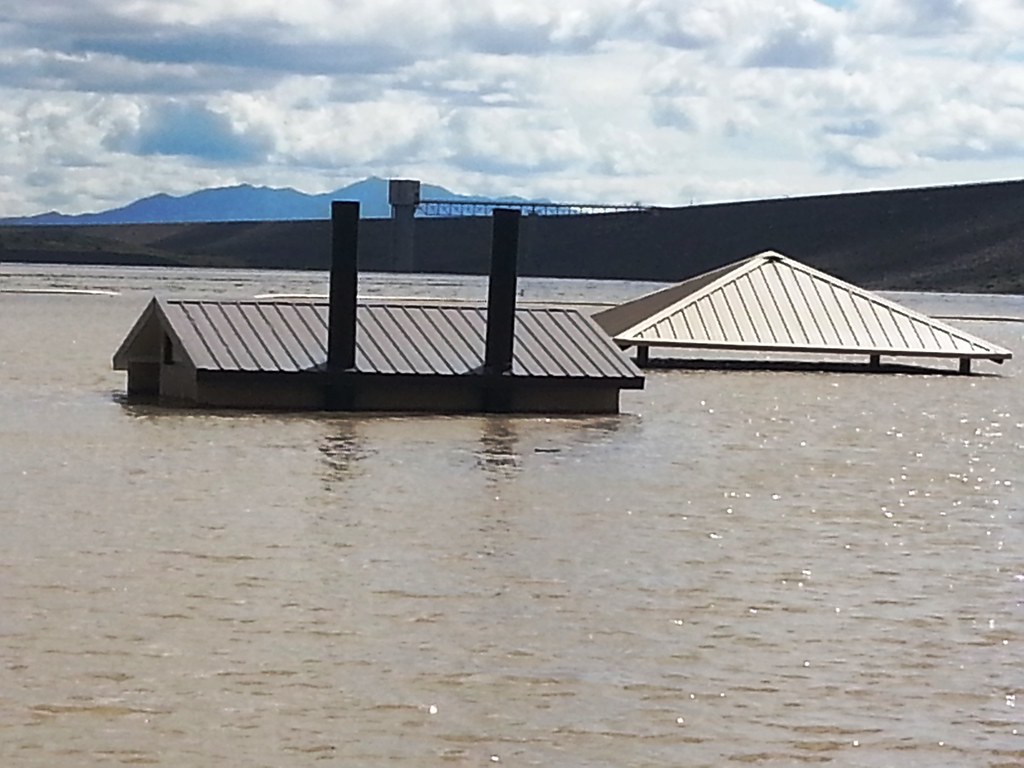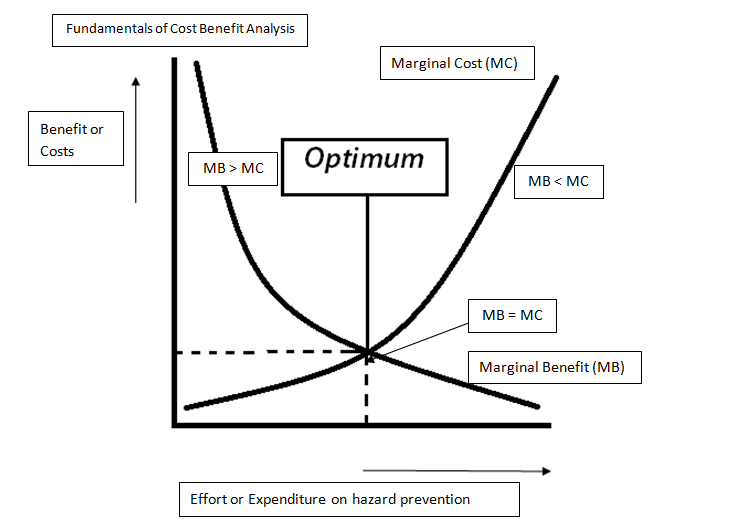How Does Increasing Wildfire Risk Affect Insurance in California?
Affordability and Availability of Wildfire Insurance Are Less Stable Under Changing Conditions
(This post is part of a series on the issue of climate change and insurance that my colleague Ted Lamm and I are writing, inspired by a symposium that the law schools co-organized with the California Department of Insurance earlier this year. You can find more information on the symposium here. Ted’s prior related post is here, and my prior post—an overview of the interplay between climate change and insurance underwriting—is here.) Californians in high-risk a...
CONTINUE READINGHolmes, Brandeis, and the ‘Great Ponds’ Debate
Some issues are perennial, like property rights v. public rights in water.
I suppose most of you, like me, have never heard of the Watuppa Ponds. But in 1888, a battle broke out over the legality of their use to supply drinking water for a nearby city. The issue closely divided Massachusetts’s highest court, and led to a heated debate in the recently launched Harvard Law Review featuring future-Justice Louis Brandeis. He and co-author Samuel Warren would team up again two years later with one of the most influential law review articles ...
CONTINUE READINGAnalyzing the revised ESA regulations (Part IV)
The most important revisions to the regulations affect how federal agencies avoid harm to endangered species under Section 7 of the ESA
This is the fourth post in a series. The first post is available here. The second post is available here. The third post is available here. The final regulations I am discussing in this post are available here. These are by far the most significant, but also the most complicated changes to the regulations. Section 7 of the ESA prohibits federal agencies from taking actions that would jeopardize the existence of a listed species, or adversely modify a speci...
CONTINUE READINGAnalyzing the revised ESA regulations (Part III)
Regulations would make it easier for agency to avoid protections for threatened species
This is the third post in a series. For the first post, see here. For the second, post, see here. The regulations I am analyzing in this post are available here. Section 9 of the ESA prohibits any person from “taking” a listed species – take is defined in the statute rather broadly, to include “harass, harm, pursue, hunt, shoot, wound, kill, trap, capture, or collect.” The agencies have in turn issued long-standing regulations that define “harm” ...
CONTINUE READINGAnalyzing the revised ESA regulations (Part II)
Regulations would make it harder to protect species and habitat because of climate change
This is the second in a series of posts. For the first post, see here. The regulations I am analyzing in this post are available here. The ESA has a system by which it determines what species warrant protection under the Act, and therefore should be listed as either endangered or threatened. In theory at least, endangered species face greater threats than threatened species. The Act also generally requires that “critical habitat” be designated for listed spe...
CONTINUE READINGAnalyzing the revised ESA regulations (Intro)
Trump Administration revisions would make significant changes to how Act operates
The Trump Administration in August finalized some significant revisions to the regulations implementing the federal Endangered Species Act (ESA). Those revisions got a fair amount of press coverage, much of it fairly negative, even apocalyptic in tone. See this NY Times editorial “The Species Act, Endangered”. I’ve (belatedly) tried to do a thorough review of the regulations with my own thoughts on their import. I’ll post those thoughts in three separate ...
CONTINUE READINGClimate Change and the Insurance Sector: An Overview
The Insurance Industry Grapples With Changing Risks in a Changing Climate
(This post is part of a series on the issue of climate change and insurance that my colleague Ted Lamm and I are writing, inspired by a symposium that the law schools co-organized with the California Department of Insurance earlier this year. You can find more information on the symposium here. Ted's prior related post is here.) With recent devastating wildfire seasons in California and increasing attention to the threats sea-level poses on coastlines across the world...
CONTINUE READINGLow-Hanging Fruit
A powerful metaphor can be illuminating, but it can also be highly misleading.
The idea of long-hanging fruit is ubiquitous in environmental policy -- sometimes in the form of a simple metaphor, other times expressed in more sophisticated terms as an assumption of rising marginal costs of pollution reduction. It's an arresting metaphor, and one that can often be illuminating. But like many powerful metaphors, it can also mislead us badly. The idea behind the metaphor can be expressed in various ways, which can be equally arresting for those attu...
CONTINUE READINGLearning Lessons from Los Angeles’s TOC Program
Challenges and opportunities as TOC continues to drive affordable housing production
I’ve written before about Los Angeles’ Transit Oriented Communities (TOC) Program, an inclusionary housing program designed to allow for increased density in residential and mixed-use projects near major transit stops in exchange for a developer commitment to include a set percentage of affordable housing units in those projects. Since implementation began in late 2017, the TOC Program has consistently been the City’s strongest driver of affordable housing produc...
CONTINUE READINGWhy Don’t States Implement the Polluter Pays Principle?
An economic analysis suggests why not
Some time ago, I was thinking about the "polluter pays" principle of international environmental law. In this, the source -- not its receiving victim -- of pollution or other environmental harm should pay for any remediation done and for ending the pollution. Yet despite the principle's normative appeal, countries (or "states" in the language of international law and international relations) generally don't implement it among themselves: Of the international agreements...
CONTINUE READING








